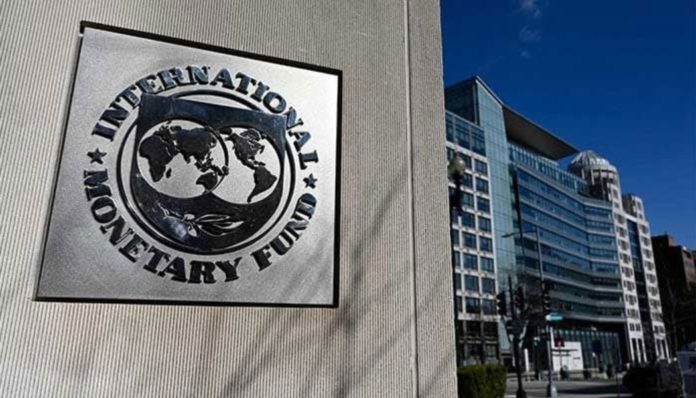The International Monetary Fund (IMF) has recommended the Pakistani government impose taxes on stationery items, including books, pens, and paper. According to sources, the IMF has suggested ending tax exemptions on these essential educational supplies. This decision is expected to spark significant debate.
Briefing on Budget for FY2024-2025
Sources within the finance department have revealed that the Federal Board of Revenue (FBR) will brief the Prime Minister tomorrow on the budget for the fiscal year 2024-2025. The proposed budget includes a phase-wise elimination of sales and income tax exemptions. Hopefully a measure intended to broaden the tax base and enhance revenue generation.
The potential taxation of stationery items is part of a broader strategy. The government is also contemplating the imposition of sales tax on tractors and pesticides, products crucial to the agricultural sector. Currently, under the Sixth Schedule of the Sales Tax Act, pesticides and their active ingredients registered by the Department of Plant Protection are exempt from sales tax. This proposed change could lead to higher prices for farmers, potentially impacting agricultural productivity and food prices.
Public Outcry and Concerns
The IMF’s recommendations have not been well received by the Pakistani populace. Many citizens feel that the imposition of taxes on essential items like stationery and agricultural products will place additional financial strain on already burdened households. Parents are particularly concerned about the increased cost of educational supplies, which could make schooling more expensive and less accessible for children.
“The cost of living is already high, and now they want to tax the very items our children need for their education. This is unacceptable,” said one parent from Islamabad. Farmers, too, have voiced their discontent, fearing that higher costs for tractors and pesticides will negatively impact their livelihoods and food production.

IMF Statement and Future Loan Program
Earlier this week, the IMF released an official statement following extensive discussions with Pakistani officials. These negotiations, led by IMF Mission Chief Nathan Porter, took place from May 13 to May 23. Negotiations of this sort focused on Pakistan’s economic reforms and revenue enhancement efforts. The Pakistani government has formally requested a new loan program from the IMF, seeking continued support through the Extended Fund Facility (EFF) program.
The IMF’s statement emphasized Pakistan’s commitment to increasing revenue and stressed the importance of fair tax collection, particularly from privileged sectors. The mission assured Pakistan of its support in working towards sustainable economic growth. This highlights that meeting the targets under the Standby Arrangement Agreement positions the country well for the forthcoming loan program.
Economic Stabilization and Reforms
To stabilize the economy, the IMF underlined the necessity of expanding the tax net. Implementing appropriate policy measures and maintaining a stringent monetary policy in important to bring inflation is under control. Additionally, the statement pointed to the urgent need for energy sector reforms. This includes reducing the cost of energy production and improving the performance of state-owned enterprises through privatization.

This comprehensive approach aims to address Pakistan’s fiscal challenges. However the recommended taxation has sparked widespread concern among citizens. The upcoming budget discussions will be crucial in determining how these recommendations are implemented and balanced against the socio-economic needs of the country.
Stay tuned to Brandsynario for latest news and updates.












































